Politics and Government: Zionism
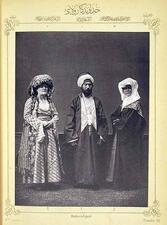
Turkey: Ottoman and Post Ottoman
The Jewish population of Turkey navigated far-reaching changes in the political, social, and geopolitical spheres in the late nineteenth and the early twentieth centuries, as the Ottoman Empire pursued reform and collapsed and the Turkish Republic that took its place imposed a process of “Turkification” on its residents. During this period, Jewish women partook in traditional customs relating to religion, family, and the home, while also accessing new opportunities in the public sphere through education and political engagement.
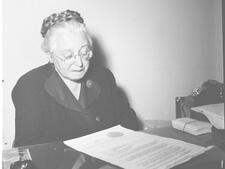
Sophie A. Udin
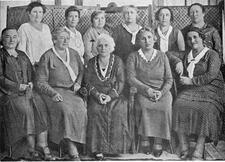
Union of Hebrew Women for Equal Rights in Erez Israel
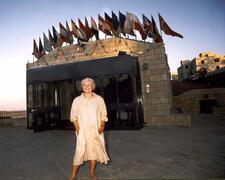
Lia Van Leer
A pioneer in the field of art film programming and film archiving in Israel, Lia van Leer was the founder of the Haifa Cinematheque, the Jerusalem Cinematheque, the Israel Film Archive, and the Jerusalem Film Festival. As a result of her work, film in Israel is seen as an expression of culture and art and is funded by government agencies.
Rose Viteles
Rose Viteles was an American-born social worker and volunteer who, after moving to Palestine in 1925, became involved in the operations of several Zionist organizations including Hadassah and the Haganah. Her help was essential before and during Israel’s War of Independence.
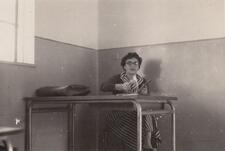
Charlotte Wardi
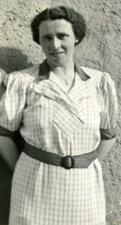
Helen Weil
Helen Weil was a devoted gerontologist in and around Cleveland, Ohio. A German-Jewish refugee herself, in addition to teaching at Western Reserve University, Weil developed thorough social services and programs for elderly Jewish residents at Montefiore Home before going on to found and direct the Schnurmann House.
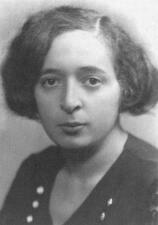
Trude Weiss-Rosmarin
Trude Weiss-Rosmarin made great advances for women’s involvement in Jewish life through the schools she created and her editorship of the Jewish Spectator. A dynamic speaker backed by broad-ranging Jewish scholarship and a prodigious memory, she was a popular lecturer at synagogues and Jewish centers across the United States and a foremost critic of American Jewish life and institutions.
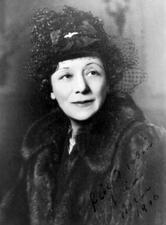
Vera Weizmann
A Zionist and a physician, Vera Weizmann was a founding member of the WIZO. She accompanied and assisted her husband Chaim, the president of the Zionist Federation of Britain and first president of Israel, as he negotiated the founding of a Jewish state.

Rosa Welt-Straus
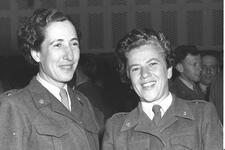
Shoshana Werner
After years of service in the Haganah and the Auxiliary Territorial Service, Shoshana Werner was appointed as the second commanding officer of the Women’s Corps of the Israel Defense Forces in 1949.
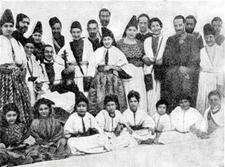
Widows in the North African Jewish Communities of Late Ottoman Palestine
By the mid-1870s, approximately a quarter of the Jewish population of Palestine, excluding Jerusalem, was North African, and the overwhelming majority of adult Jews were women. This discrepancy was due to a large number of widows, who experienced economic and physical hardship in their new home but also a new sense of freedom.

Louise Waterman Wise
Although most historians view Louise Waterman Wise as simply the wife of Stephen S. Wise, her influence as a tireless advocate for the care and protection of children, the development of communal health care, refugee resettlement, and the establishment of the State of Israel was unparalleled.
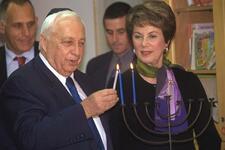
WIZO in Israel: 1970-2005
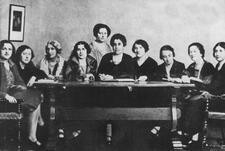
WIZO: Women's International Zionist Organization (1920-1970)
The Women’s International Zionist Organization (WIZO) was founded in 1920 for and by women who wanted to participate in the Zionist project. It especially supported women immigrant’s settlement in Palestine through education, agricultural and professional training, childcare, healthcare, and welfare.
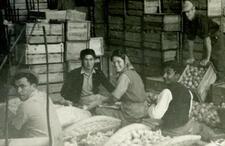
Women in the Yishuv Workforce
A review of data and statistics about women in the Yishuv workforce from about 1920 to 1945 show that women’s participation in the workforce correlated with higher levels of economic development. Though women contributed to the growth of an economy in pre-state Palestine, they often faced discrimination in what positions they could take and in their wages.
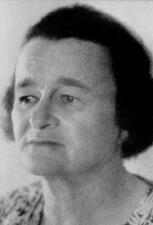
Sidonie Wronsky
Sidonie Wronsky was among the pioneers of professional social work and one of the early social work educators. She was a member of social work organizations, taught at German schools, and wrote prolifically on issues pertaining to social work, Judaism, and women. She continued her career in social work and education after her emigration to Palestine in 1933.
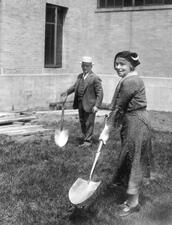
Gussie Edelman Wyner
Gussie Edelman Wyner was an early leader of the Boston Jewish community and a national leader of Hadassah. She is credited with creating the idea of life memberships in women’s organizations and with establishing the first chapter of Junior Hadassah.
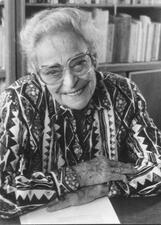
Leni Yahil
Leni Yahil was a German-born Israeli scholar and pioneer of Holocaust research in the decades following the Second World War. Working closely with Yad Vashem, she was among the first to emphasize Jewish primary sources, explore the importance of Jewish resistance, and document the Jewish experience in Northern Europe during the Holocaust.
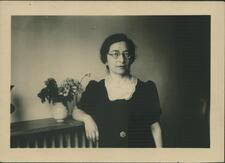
Miriam Yalan-Stekelis
Miriam Yalan-Stekelis revolutionized Israeli children’s literature with her classic poems and stories. She challenged the convention of the “happy ending” in children’s stories, portraying children playing yet also struggling and suffering from the judgment of adults. Yalan-Stekelis’s play-songs and poems have become an integral part of the cultural repertoire of kindergartens and schools in Israel.

Rabbi Ovadiah Yosef
Rabbi Ovadiah Yosef was the Sephardi chief rabbi of Israel and the leader of the Shas political movement.
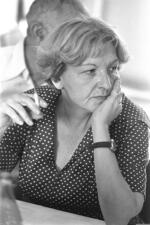
Hanna Zemer
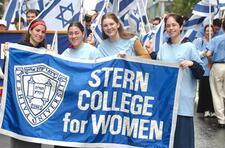
Zionism in the United States
Miriam Shomer Zunser
Miriam Shomer Zunser, journalist, playwright, and artist, was an important promoter of Jewish culture in America during the period before World War II. Born in Odessa in 1882, Zunser left a strong legacy in the Yiddish literary world and in the world of Jewish activism and organization.


